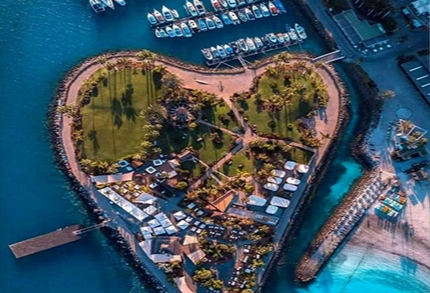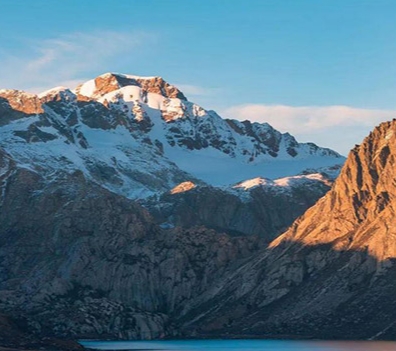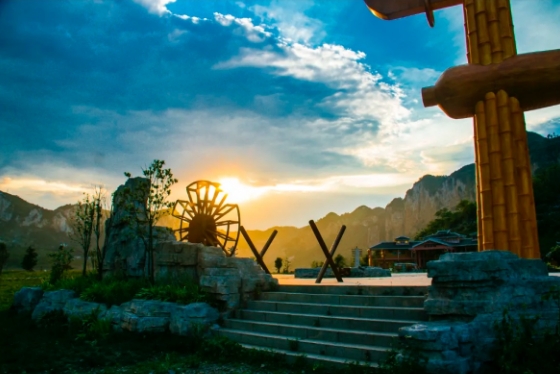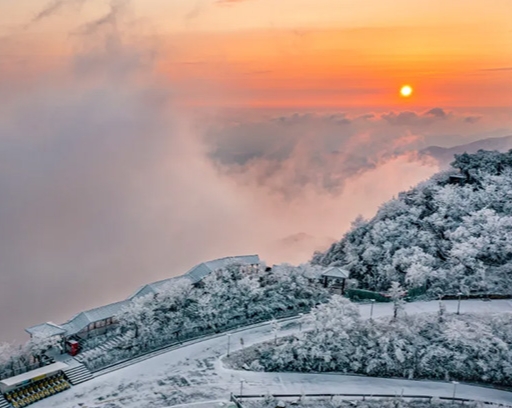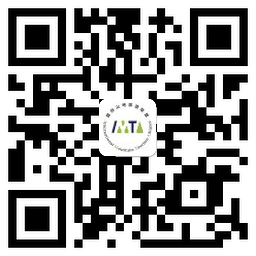The World Health Organization is pushing the development and use of new mRNA technologies as part of efforts to rectify global inequalities in COVID-19 vaccine distribution during the pandemic.
Bangladesh, Indonesia, Pakistan, Serbia and Vietnam were added to the list of recipients of mRNA technology on Wednesday. The global mRNA vaccine technology transfer hub in South Africa was established with the help of the WHO last year to serve African countries largely shut out of access to COVID-19 jabs.
Six African countries, Egypt, Kenya, Nigeria, Senegal, South Africa and Tunisia, and two Latin American nations, Argentina and Brazil, were the first countries to receive support from the technology hub.
South Korea was also selected recently as a global biomanufacturing training hub to help low- and middle-income countries wanting to produce their own vaccines, insulin, monoclonal antibodies and cancer treatments.
The South Korean government has offered a large facility outside Seoul that is already carrying out biomanufacturing training for companies based in the country, and will now expand its operations to accommodate trainees from other countries, the WHO said.
"One of the key barriers to successful technology transfer in low-and middle-income countries is the lack of a skilled workforce and weak regulatory systems," WHO chief Tedros Adhanom Ghebreyesus said in a statement on Feb 23. "Building those skills will ensure that they can manufacture the health products they need at a good quality standard so that they no longer have to wait at the end of the queue."
The COVID-19 Vaccines Global Access group was founded in April 2020 to try and ensure fair access to coronavirus vaccines worldwide.
Vaccines have been developed at an unprecedented rate, which has been a scientific triumph, the New England Journal of Medicine said in an article published on Feb 23.About 62 percent of the world's population has received at least one dose of a COVID-19 vaccine, and 54 percent have received two shots. "This would appear to be a landmark success in global health mobilization," the magazine said.
But the availability of COVID-19 vaccines differs vastly across the globe. While several wealthy countries have exceeded 90 percent vaccine coverage, only about 11 percent of people in low-income countries have received at least one dose. In Africa, only 25 percent of healthcare workers were fully vaccinated by November when the Omicron wave began, according to the magazine.
Former British prime minister Gordon Brown has called for "extraordinary measures" to tackle COVID vaccine inequalities. "The scale of this inequality is so great that I'm not sure the world will ever forgive us for failing to deliver the equity in vaccine distribution that should be possible," Brown said when he spoke on a podcast hosted by Oxfam on Feb 11.
The WHO mRNA technology transfer project has so far produced a prototype COVID-19 vaccine that is similar but not identical to Moderna's.
President Xi Jinping told the 73rd World Health Assembly in May 2020 that China will make its coronavirus vaccine a global public good.
So far, China has provided more than 2.1 billion doses of vaccines to over 120 countries and international organizations, said Ren Jingjing, associate researcher with the Institute of Contemporary Chinese Studies of the Chinese Academy of Social Sciences.
China has cooperated with other countries to produce or trial COVID-19 vaccines, with projects underway in 12 countries, Ren said. Eight countries have signed agreements with Chinese pharmaceutical companies to cooperate on vaccine production, with similar contract discussions being held with other nations.

